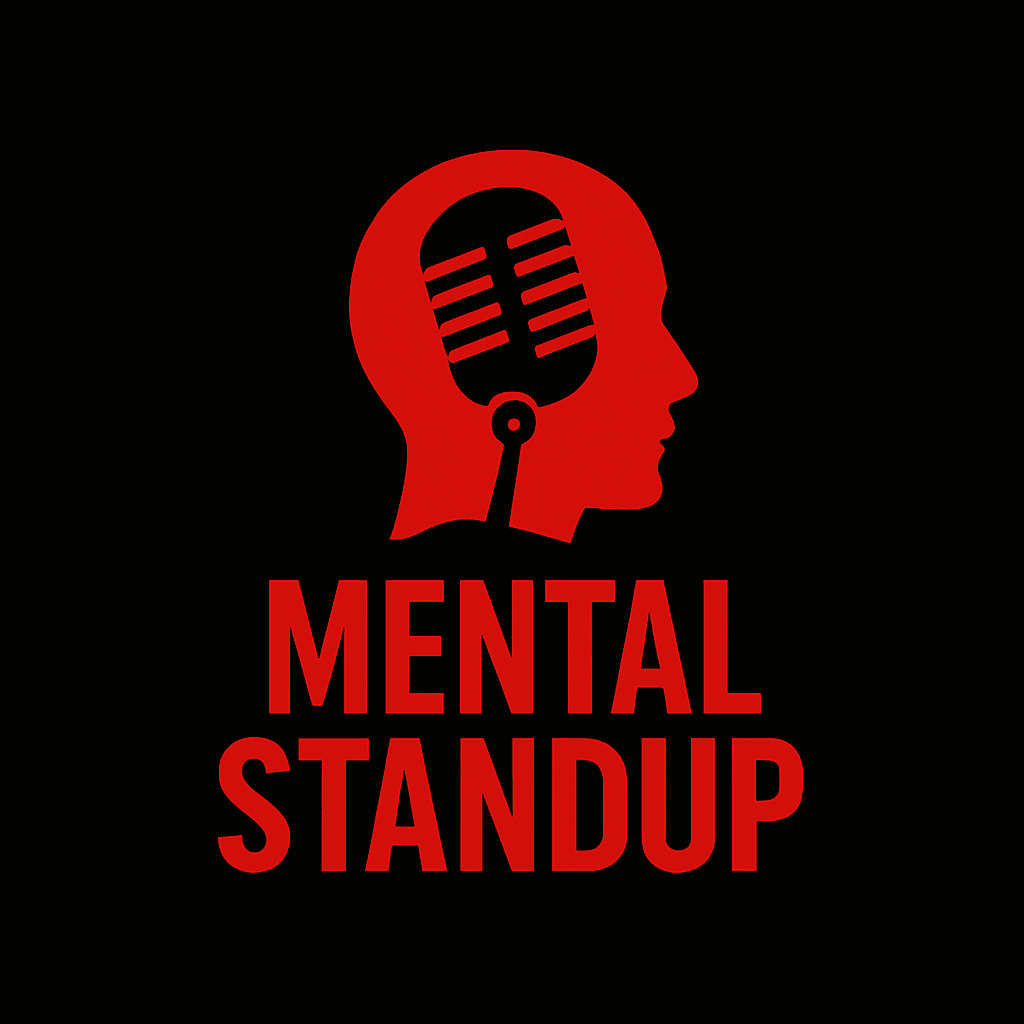Breaking Boundaries: How Comedy Can Challenge Mental Health Stigmas
Understanding the Power of Comedy in Mental Health
Comedy has long been a source of entertainment, but it's also a powerful tool for societal change. In recent years, comedians have increasingly used their platforms to tackle serious topics, including mental health. By doing so, they challenge existing stigmas and encourage open dialogue about mental well-being.
Using humor to discuss mental health issues can make the conversation more approachable. Many people find it difficult to talk about their mental health struggles due to fear of judgment or misunderstanding. Comedy can break down these barriers, allowing individuals to laugh at their situations and, in turn, feel less isolated.

The Role of Comedians in Shaping Perceptions
Comedians like Hannah Gadsby, Maria Bamford, and Gary Gulman have openly shared their struggles with mental health through their stand-up routines. By putting a humorous spin on their experiences, they not only entertain but also educate their audiences. This approach helps to normalize mental health discussions, making it easier for others to come forward with their own stories.
Moreover, comedy has the unique ability to reach diverse audiences. Whether it's through stand-up routines, television shows, or social media, comedians have a broad platform to spread awareness. Their relatable and often candid storytelling can resonate with people from all walks of life, offering a sense of solidarity and support.

Comedy as a Therapeutic Tool
Beyond its role in public discourse, comedy can also serve as a therapeutic tool for individuals coping with mental health challenges. Laughter has been shown to reduce stress, improve mood, and even enhance social connections. For those struggling with mental health issues, finding humor in everyday situations can provide much-needed relief and perspective.
Many therapeutic programs now incorporate comedic elements to help patients process their emotions. These programs use improv exercises, comedic writing workshops, and laughter yoga to encourage participants to explore their feelings in a safe and supportive environment. The positive impact of these programs underscores the potential of comedy as a healing force.

Challenges and Considerations
While comedy can be an effective tool for challenging mental health stigmas, it is not without its challenges. Comedians must navigate the delicate balance between humor and sensitivity. Jokes that are perceived as dismissive or offensive can reinforce negative stereotypes rather than dismantle them.
It's essential for comedians to approach mental health topics with empathy and understanding. Responsible comedy should aim to uplift rather than alienate, fostering an inclusive environment where everyone feels heard and respected.
Encouraging Open Conversations
Ultimately, the goal of using comedy to address mental health is to encourage open conversations. By laughing together about shared experiences, we can create a culture where mental health is discussed openly and without shame. This openness can lead to increased awareness, reduced stigma, and better support systems for those in need.
As more comedians take up the mantle of mental health advocacy, it's crucial for audiences to engage with their messages thoughtfully. By appreciating the humor while also considering the underlying issues being discussed, we can all contribute to a more understanding and compassionate society.

In breaking boundaries with comedy, we not only enhance our collective understanding of mental health but also pave the way for a future where everyone feels empowered to seek help when needed. The journey may be filled with laughter, but its impact is profound and lasting.
